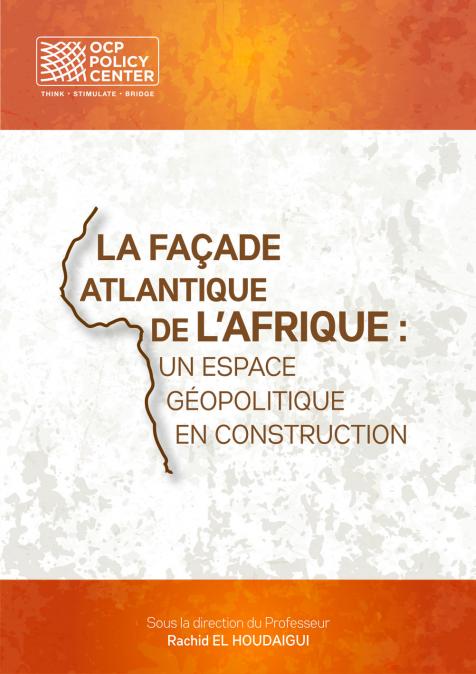Podcasts
Le Nigéria : entre défis sécuritaires et humanitaires
Related topics:
Bien qu’il ait basé ses deux mandats sur la lutte contre l’insécurité et la corruption, le président Buhari se heurte aujourd’hui à de multiples échecs et ne peut aujourd’hui que constater l’intensification des attaques terroristes, de la criminalité et des violences en tout genre. Ce dernier est même confronté à des critiques devant son incapacité à endiguer l’insécurité. On lui reproche son manque de leadership ainsi que son absence de la scène publique. Depuis 2008, le pays est en proie à des conflits multiples. Le décès de plusieurs personnalités impactant l’aspect sécuritaire risque de redéfinir les défis nigérians. Dans ce podcast, Abdelhak Bassou explique les enjeux sécuritaires du Nigéria ainsi que l’impact de nouveaux entrants sur le paysage sécuritaire.





